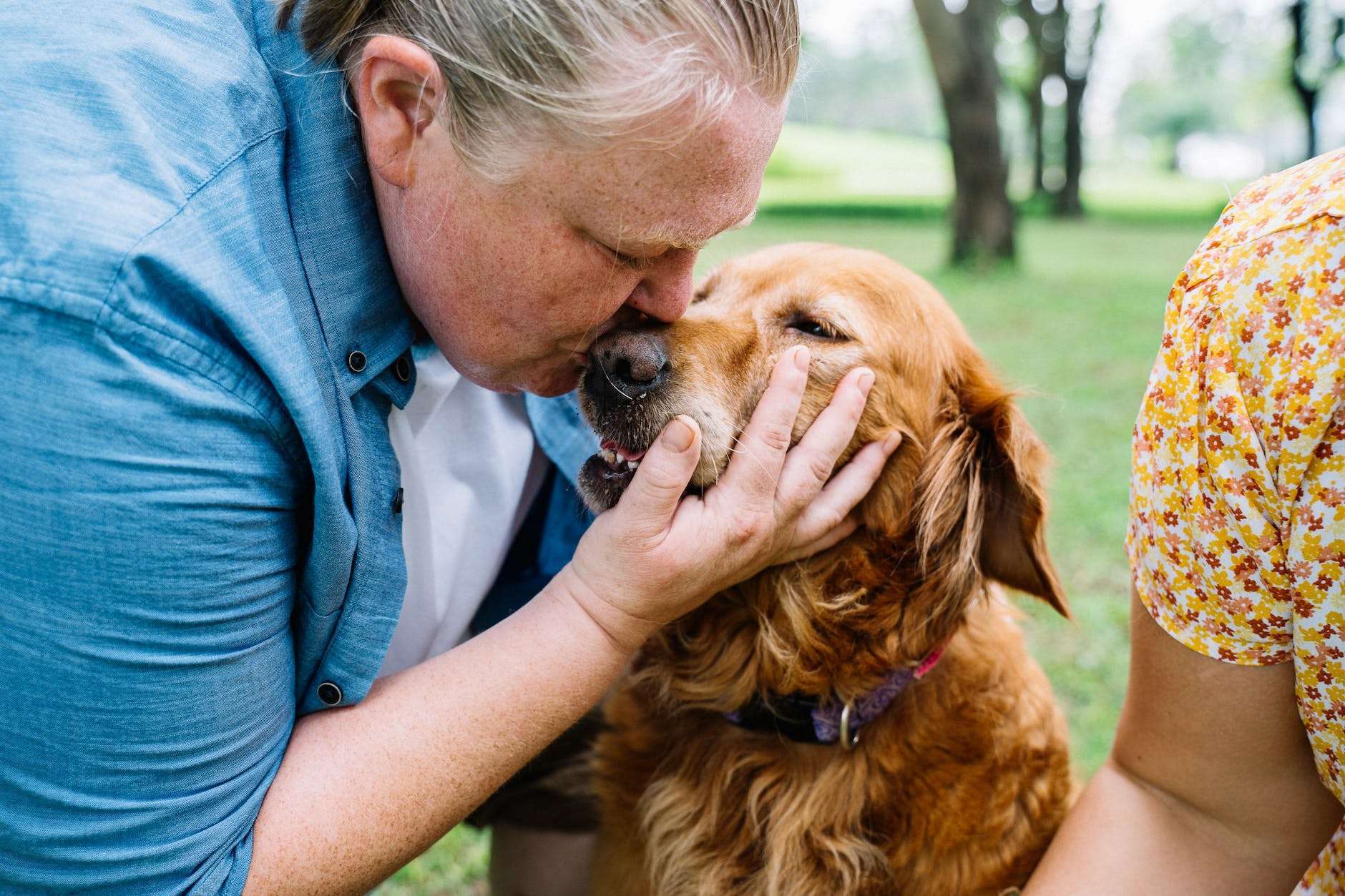
Recall alert: Viva Raw Pet Food has recalled 9,760 pounds of raw dog and cat food because of listeria and salmonella contamination. The recall was

Recall alert: Viva Raw Pet Food has recalled 9,760 pounds of raw dog and cat food because of listeria and salmonella contamination. The recall was

Another day, another round of pet food lawsuits, recalls, misinformation, and drama. I suspect this is going to be a big one! On February 6th,

The pet community has jumped head-first into yet another social-media-fueled panic about certain pet food brands. Once again, misinformation is spreading, rampantly! The now-closed Hill’s

We wanted to give you an update on Purina heavy metals test results, because the verdict is in! Numerous pet owners are worried about giving

As we step into 2024, a viral news story has circulated suggesting that Purina dog food poses a threat to your pet’s health. Despite widespread

Victor dog food is a popular option for Great Danes. This week, pet owners across the nation have been shaken by the alarming news of

This is a heartbreaking post. I’m sitting here on a Sunday night and my newsfeed is flooded with this story about how moldy kibble killed